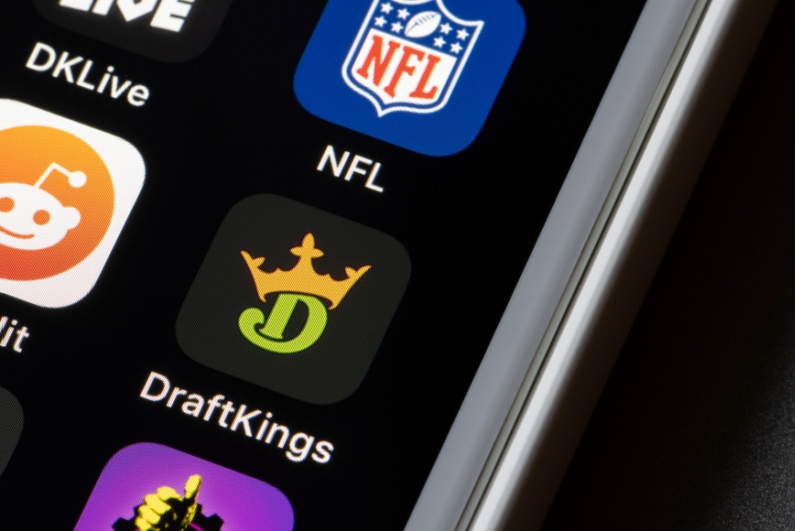“GambleAware is pleased to be working with the Gambling Commission and the Responsible Gambling Strategy Board,” said Claire Wyllie, director of research commissioning at GambleAware, as she announced yet another research project.
This one, according to Ms. Wyllie, “Will help us better understand gambling behavior across different products and to know what characteristics are most associated with harm, focusing on the online sector in the first phase and moving onto other sectors in subsequent phases.”
It’s easy to be cynical
In fact, it’s impossible not to be cynical. GambleAware is an independent charity, set up to fund research, education, and treatment services to help reduce gambling-related harm in the UK and, as Ms. Wyllie so lucidly explains, this latest study will explore whether some gambling products and environments have the potential to cause more harm than others.
Perhaps I could save GambleAware some time and money? Yes, products that involve putting multiple bets together – “Design your own acca!” as the ads implore us – have the potential to cause far more harm than a miserable old person like me placing single win bets.
Gambling ads targeted at young people have the potential to do a great deal of harm, as do repeated special offers from the online sports betting companies, especially when they target susceptible gamblers.
But clearly the job of the “director of research commissioning” is to commission research, so here we go again.
Since 2013 GambleAware has launched 31 studies into problem gambling. In that time, the number of problem gamblers has increased, the number of horror stories about addiction to Fixed Odds Betting Terminals has increased dramatically, and an ever-growing number of young people have become hooked on gambling. But as my colleague Gina Clarke reported last month, GambleAware has always talked a good game.
The numbers
According to the Gambling Commission’s most recent stats, there are 430,000 problem gamblers in the UK, including 25,000 children in the 11-to-16 age group. Overall, it is thought that around 370,000 children in that age bracket gamble every week.
Most people would see that as a signal for action, not another study. But Ms. Wyllie says, “For the first time, we will be able to look comprehensively across the gambling industry to understand where the risk of harm lies and, by making data available to researchers, industry can gain new insights to prevent harm and to ensure customers gamble safely.”
This study will apparently request data from the online betting companies. “We will be encouraging the industry to get involved,” said Ben Haden, program director at the Gambling Commission.
You suspect that the industry will only be too delighted to get involved after taking several months to carefully consider the request.
The simple fact, as we all know, is that some people will never gamble safely, just as some people will never drink alcohol safely or take drugs safely. Although bookmakers fund GambleAware, it is doing the gambling industry no favors in the long run. Its lack of action while the number of problem gamblers increases is only hastening the day when a total ban on gambling ads in the UK is introduced.
Rather than commission yet another pointless study, GambleAware would be well advised to take some action. The sports betting companies may think that funding a well-meaning gambling charity is a clever move but, in the long run, it could prove to be anything but. As my colleague Gina Clarke writes today, a scheme to prevent young people gambling is being launched today in Aberdeen. It may well be the first step towards a blanket ban on gambling ads in Scotland.



